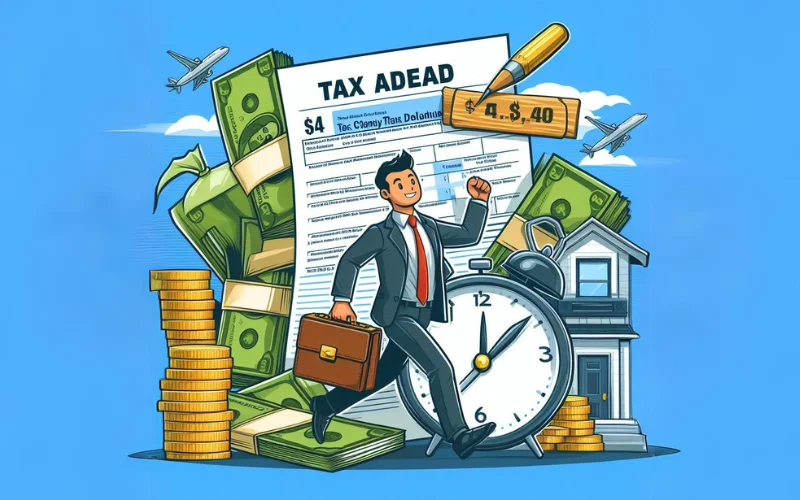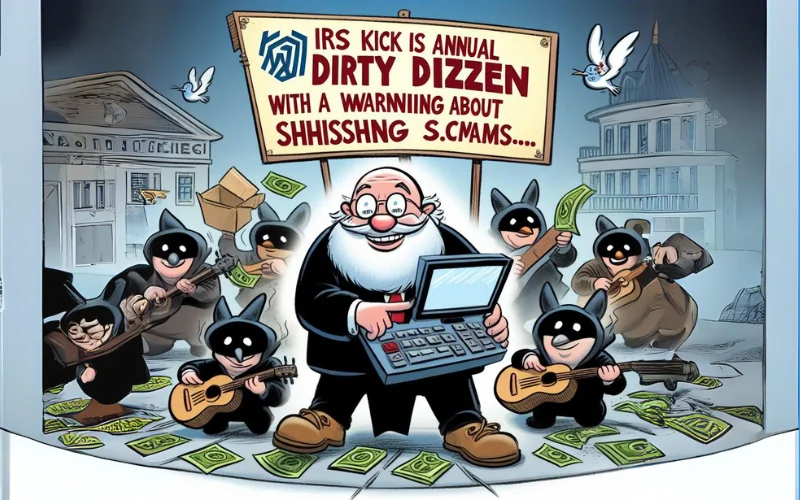Sageworks is a research firm that provides financial analysis, industry data, and risk management solutions for private company CFOs, accountants, and bankers. Recently, Mary Ellen Biery — a research specialist at the company — reported on the 10 worst performing industries, in terms of sales. The data was aggregated from thousands of financial statements from small businesses and medium sized companies across the U.S.
(RELATED: Are you starting a new business? Get our free guide: Opportunity Knocks: How to Find—and Pursue—a Business Idea that’s Right for You)
So, based on their changes in sales in 2016 vs. 2015, who are the top — or should I say bottom — ten?
1. Support activities for mining (-23%)
2. Gasoline stations (-9%)
3. Metalworking machinery manufacturing (-3%)
4. Direct selling establishments (-2%)
5. Machine shops and screw, nut, and bolt manufacturing (-2%)
6. Merchant wholesalers — nondurable goods (-1%)
7. Other fabricated metal product manufacturing (0%)
8. Plastics product manufacturing (0%)
9. Machinery, equipment, and supplies merchant wholesalers (0%)
10. Other general purpose machinery manufacturing (+2%)
Believe it or not, if you are a small business owner whose business is in any of the above industries, I have two pieces of good news for you.
For starters, the top two losers — mining and gas stations — are energy-related. Mining may be making a comeback, based on recent moves by the Trump administration to open up opportunities. Gas stations are always reliable businesses, but the sales decline is purely based on oil prices. Welcome to commodities. If you’re a mining company, keep an eye on what the government is doing. If you’re a gas station, then sell more repair work until oil prices rebound.
Second, as for everyone else, congratulations: The rest of you had at most a 3% decrease in sales and most of you had flat sales This isn’t the worst of news. The economy overall only grew by less than 2% last year, so your numbers are about on par. So it’s not all you. Little consolation I know, but take what you can get, OK?
The big question for you — if you’re in any of the above industries (with the exception of energy) — is how do you navigate your way to increased sales and (hopefully) better profitability in these rough times?
I have three suggestions:
1. Keep Your Overhead Low
Print out your general ledger and read through it carefully. Look for any unnecessary expenses and eliminate them. Pinch pennies. Minimize employment. You’re in a very slow mode, but — particularly in manufacturing and distribution — things are cyclical. If and when the economy turns, you want to be there to benefit, so survival should be your first order of business.
If you’re going to spend, invest in sales resources. Otherwise, conserve cash and question every expense.
2. Partner
Turn to others you like and trust in your industry — competitors and suppliers — and see if any help is needed that you can provide. Don’t limit yourself geographically, as other areas of the country may be doing better than yours. Look at websites that connect companies with government contractors, like GSA.gov or FedBizOpps.gov.
Make it a point to attend two or three industry events, walk the floor, and look for other like-minded companies that may need additional resources that your company can provide. There may be some work to spread around. Sure, it won’t be as profitable as the work you find yourself, but it’ll keep the lights on.
3. Finally, Go Back to the Well
Get a list of every current and prior customer that you’ve done business with in the past 10 years. Call them, email them; even better, pitch them for you to visit and make a few brilliant recommendations. Call it free consulting.
Walk around their offices and keep an eye open for opportunities and ways you can help. If these people have done business with you even once before, then they may be interested in doing business with you again. If they’re already currently doing business with you, then what additional products and services can you provide?
Things are slow in these industries, but not disastrously so. This isn’t as bad as the Great Recession. There are still opportunities. Get busy and you will find them.
Source: Gene Marks





